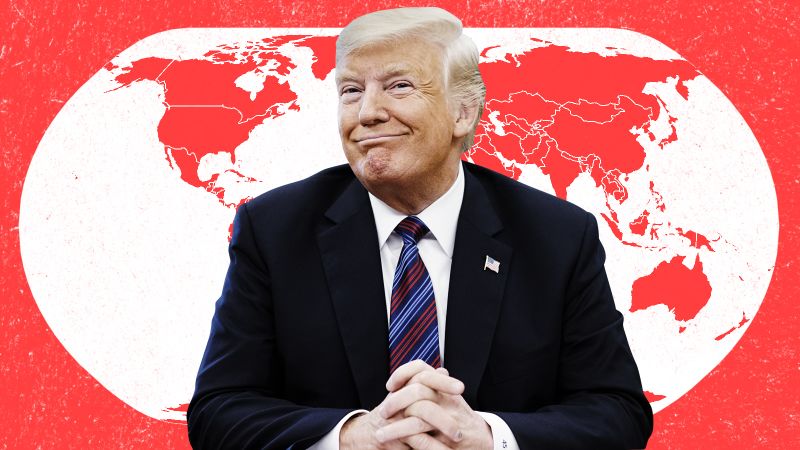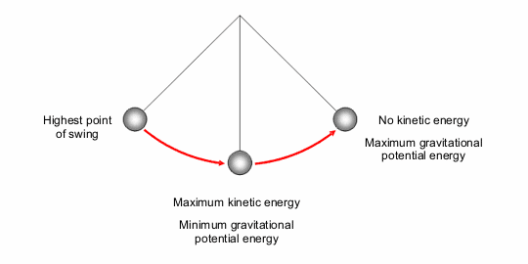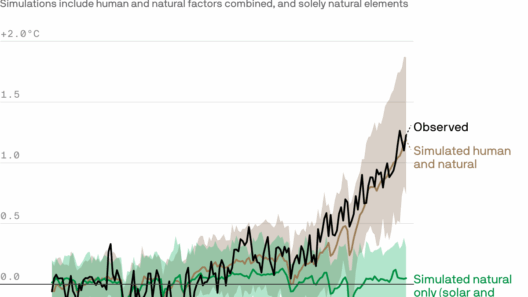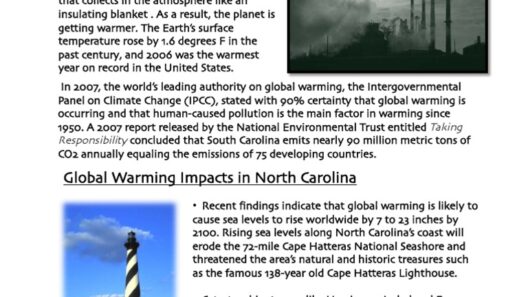In July 2017, the national and international political landscape shifted significantly when President Donald Trump announced the United States’ withdrawal from the Paris Agreement, an accord designed to combat climate change. This agreement aimed to unite countries in their commitment to limit global warming to well below 2 degrees Celsius, with aspirations of even more stringent reductions. Trump’s decision evoked a myriad of responses, ranging from shock to outright celebration, revealing the polarized views on climate change and environmental policies in contemporary American society.
The Paris Agreement, adopted in 2015, represented a landmark effort to combat climate change on a global scale. Nearly every nation has endorsed it, signifying an unprecedented acknowledgment of the risks posed by climate change and the need for collective action. However, the United States’ exit from this critical treaty raised questions about the nation’s role in fostering global cooperation. What compelled this withdrawal, and what does it reveal about deeper domestic and international dynamics?
One of the most common observations regarding Trump’s decision centers on his administration’s prioritization of economic growth over environmental protection. The argument put forth by Trump’s administration emphasized the potential economic repercussions of adhering to the Paris Agreement. Critics often noted that the treaty imposed constraints on the fossil fuel industry, which, according to them, would stifle job creation and economic development, particularly in regions dependent on coal and other fossil resources.
This economic rationale, however, raises deeper questions about the long-term vision for economic growth. The reality is that climate change poses severe risks to economic stability. Rising global temperatures contribute to extreme weather events, which can devastate economies, particularly those reliant on agriculture, tourism, and trade. Moreover, transitioning to renewable energy sources offers significant economic opportunities, including job creation in new industries such as solar and wind power. This duality—economic opportunity versus a potentially catastrophic climate crisis—represents a defining tension in contemporary American political discourse.
Additionally, the withdrawal can be seen as a reflection of the broader ideological shifts within American politics. Trump’s decision resonated with a segment of the electorate that views climate change as a hoax or exaggerated threat, a perspective that gained traction during his campaign. This skepticism towards scientific consensus mirrors a broader phenomenon where environmental issues often intersect with political identity. For many, embracing climate change denial aligns with a rejection of what they perceive as elite or liberal agendas, further polarizing an already fragmented society.
As Trump asserted his intentions during that pivotal 2017 announcement, he framed the Paris Agreement as a detriment to American sovereignty. This rhetoric highlighted an interesting paradox. While nationalism and the prioritization of American interests have historically been integral to American politics, climate change represents a challenge that transcends national borders. The atmospheric impacts of greenhouse gases do not respect political boundaries; thus, the need for international collaboration becomes crucial. Trump’s withdrawal from the Paris Agreement epitomized a retreat from collaborative global solutions, steering the U.S. away from its traditional role as a leader in international negotiations.
The ramifications of leaving the Paris Agreement were profound. Amidst the chorus of disapproval from environmentalists and scientists, state and local governments across the U.S. initiated their own measures to mitigate climate change. California, for instance, embarked on ambitious initiatives to fulfill the goals outlined in the Paris Agreement, underpinning a grassroots movement towards climate action. This phenomenon reflects a divergence between federal and local policy, highlighting the complexities of governance in addressing climate issues.
Amidst the political machinations, the scientific community continued to underscore the urgency of addressing climate change. Reports from organizations such as the Intergovernmental Panel on Climate Change (IPCC) highlighted the dire consequences of inaction. Global temperature rises, sea-level increases, and extreme weather events have become increasingly prevalent. These scientific findings stand in stark contrast to the narratives propagated by climate change skeptics, creating an ongoing battle between empirical evidence and ideological belief.
Furthermore, international relations were strained as many countries perceived the U.S. withdrawal as a retreat from global leadership. Allies expressed concern that without U.S. participation, efforts to combat climate change would be severely hampered. Notably, during international summits and conversations concerning climate action, the absence of the U.S. cast a shadow over discussions, leading other nations to reassess their commitments and strategies.
In 2020, amidst a backdrop of growing public concern about climate change and its ramifications, the tides began to shift once more. The electorate, increasingly sensitive to environmental issues, chose a leader who pledged to rejoin the Paris Agreement, signaling a potential rekindling of U.S. engagement in global climate efforts. This shift suggests an evolving public sentiment; climate change is no longer solely a partisan issue but rather a universal challenge that calls for equitable solutions.
In conclusion, Trump’s withdrawal from the Paris Agreement does indeed mark a pivotal moment in the history of U.S. environmental policy. The decision reveals deeper ideological divides in American society, raises critical questions about the nature of economic growth, and spotlights the necessity of collective action in tackling global issues. As the world grapples with the ongoing consequences of climate change, the importance of international cooperation and the intertwining of local initiatives with global commitments become increasingly evident. The narrative of climate action continues to unfold, shaped by public sentiment, scientific discourse, and the political landscape as it evolves over time.








